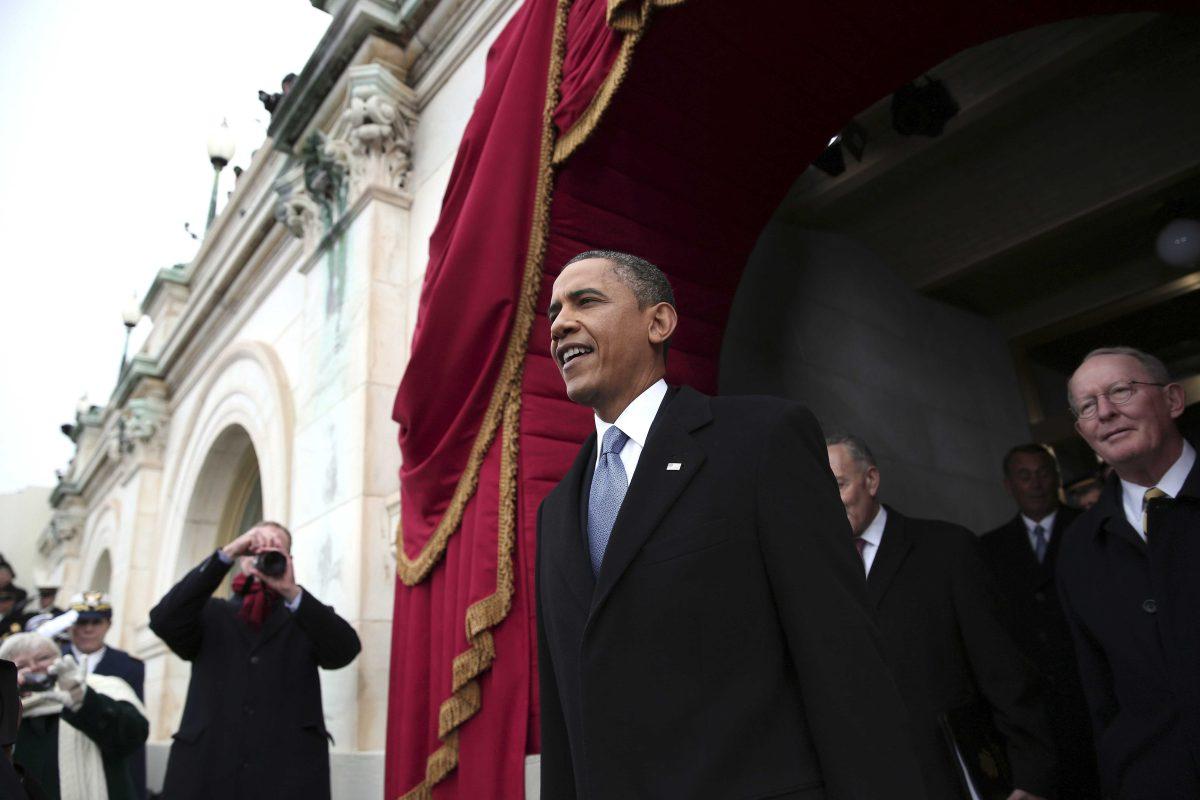By now, most Americans are fed up with the gridlock in Washington. Between the partisan and personal differences, it seems that Congress and the Obama administration just cannot cooperate, even going as far as to cut veterans’ pensions in order to hash out a budget that was passed Wednesday.
In response to what many in the Democratic leadership on Capitol Hill call an “obstinate,” Republican-controlled House of Representatives, President Barack Obama has threatened to take executive actions, bypassing Congress altogether.
His exact words were, “… we are not just going to be waiting for a legislation in order to make sure that we’re providing Americans the kind of help that they need.” That’s something akin to what an autocrat would say.
He also went on the record stating, “I’ve got a pen, and I’ve got a phone. And I can use that pen to sign executive orders and take executive actions … and I’ve got a phone that allows me to convene Americans from every walk of life.”
That may sound good to some, but there’s just one tiny hang-up: the Constitution. In our system of checks and balances, the president can only enforce the laws that Congress passes; he cannot summarily legislate with executive orders.
Obama would do well to give some thought before plunging himself into a potential legal scandal, however, this is not the first time the president has come into some serious constitutional trouble.
Most recently, the Supreme Court decided to take on the case of Obama’s recess appointments to the National Labor Relations Board, or NLRB, where a lower court ruled the president’s actions unconstitutional.
Basically, the Senate was not in recess, but it did not have a quorum of senators needed to confirm the appointments, so the president went ahead and appointed three new members.
While the president does have the constitutional authority to make temporary appointments while the Senate is in recess, opponents of the appointments argue that this was not the case, and that the trio of appointments would probably not have made it past confirmation.
In addition, thanks to the leaks of former National Security Agency contractor Edward Snowden, there is growing concern over the agency’s violation of nearly every Americans’ Fourth and potentially Third Amendment rights. The argument for the latter is that the NSA’s constant surveillance of cellular metadata and the tracking of phone locations is actually a governmental presence in our homes.
The outrage is so severe, there has actually been a lawsuit spearheaded by Sen. Rand Paul, R-Ky., and Paul is actively encouraging every American to sign on to the suit.
To top it all off, just a few months ago, there was a grave concern that the president would take military action and intervene in the Syrian Civil War. While arguing that the president had the right to take action without congressional authorization, Obama relented thanks to a sharp outcry from both Congress and the American people.
Obstinate Congress or not, the president has no right to try to legislate from the Oval Office. He should also remember that the GOP has control of the House directly because of the actions taken in his first two years as president. The American people wanted a full stop on his agenda after he rammed through the Affordable Care Act with his Democratic supermajority.
It is disturbing that a president who ran on transparency and good governance would take and then threaten more action that is far outside his constitutional brief. Any actions made by executive order affecting anything other than the administration itself should always be seen as a violation of the Constitution.
You would think that a former constitutional law professor would have a better grasp of the extent of his powers as president.
Ryan McGehee is a 21-year-old political science, history and international studies senior from Zachary, La.
Opinion: President Obama exceeding his constitutional powers
January 16, 2014
President Barack Obama arrives on the West Front of the Capitol in Washington, Monday, Jan. 21, 2013, for his ceremonial swearing-in ceremony during the 57th Presidential Inauguration. (AP Photo/Win McNamee, Pool)
More to Discover








